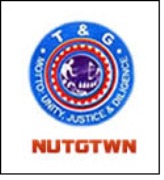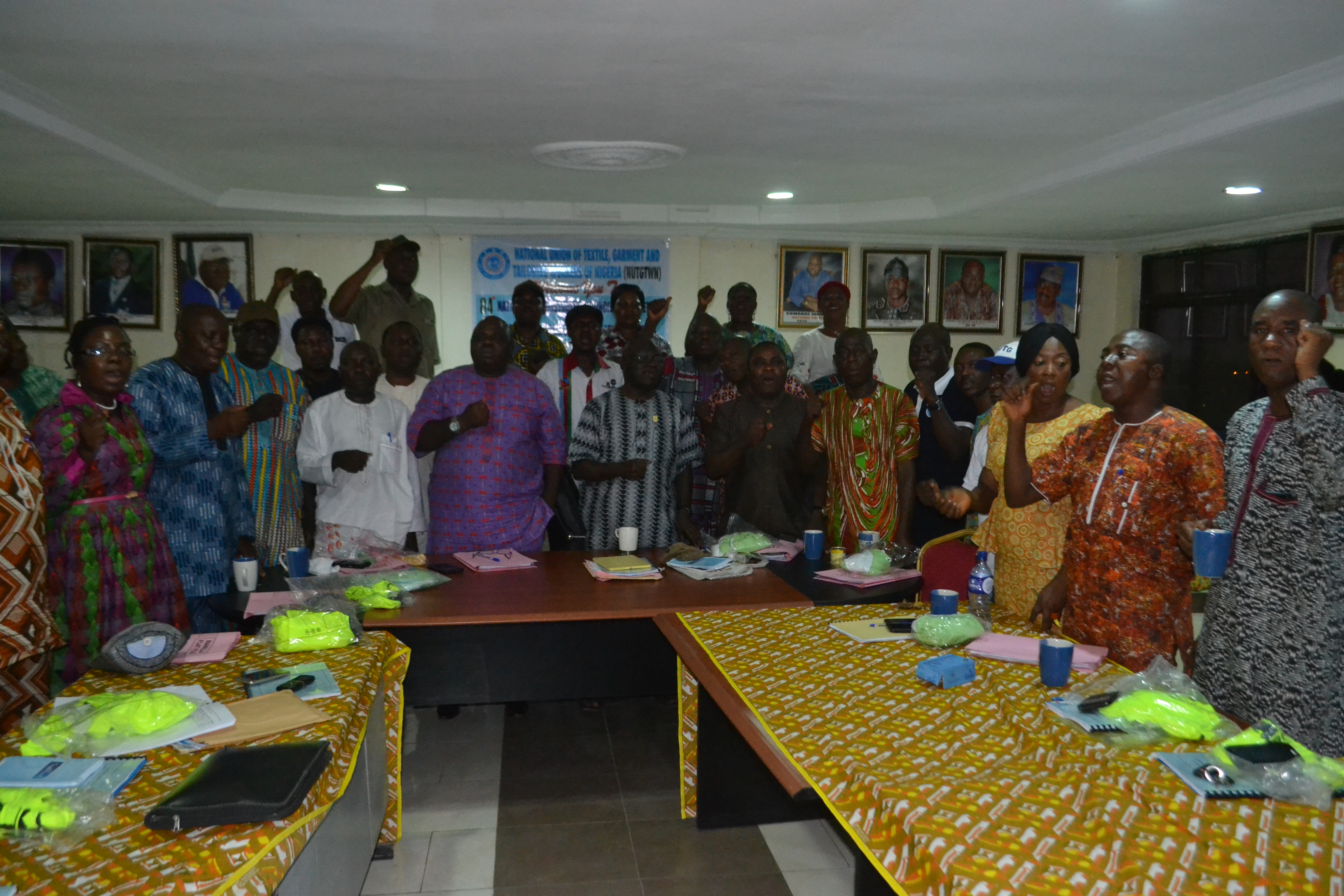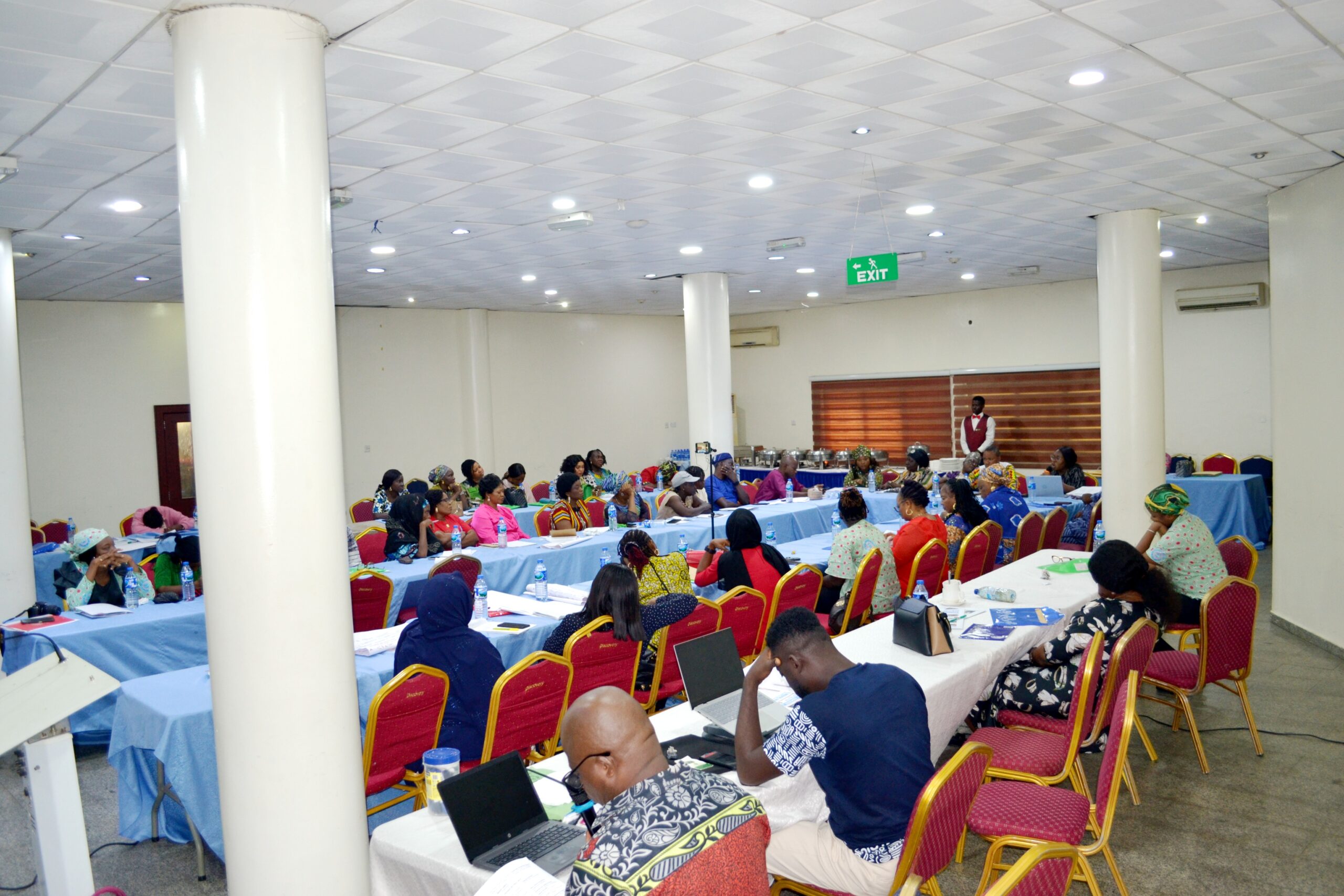Today is a public holiday set aside to mark May Day. This year’s May Day marks the 35th anniversary of workers’ Day as a national public holiday in Nigeria. There was once a democratic second Republic with competitive ideological politics led by popular parties and politicians.
In 1980, Governors Abubakar Rimi and Alhaji Balarabe Musa of Kano and Kaduna States under the platform of the Peoples Redemption Party (PRP) respectively declared May 1st a public holiday in show of solidarity with the NLC led by its founding president, Alhaji Hassan Sunmonu. A year later, refused to be outperformed by the radical left PRP, the conservative President Shehu Shagari of the National party of Nigeria (NPN) declared May 1 a national public holiday also in appreciation of the dignity of labour.
Very few nations exhort labour as a critical factor of progress and development like Nigeria. After calling on all “compatriots …to serve …fatherland with …love and strength and faith” the first stanza of the National Anthem categorically declares that; “The labour of our heroes past, Shall never be in vain”. The assumption and (indeed the truth!), is that Nigeria was built on the back of the sweat of working men and women, which we must not waste in vain. In all sectors, whether in railways, roads, agriculture or industry, labour was the critical factor in the dramatic continuous 12 per cent growth and development of Nigeria in the first decade after independence. It is also a historic fact that organized labour led by Micheal Imoudu was part of the vanguard of the nationalists’ struggle for independence. 56 years after independence, we must ask the critical question; whence the dignity of labour in Nigeria today?
Just on the eve of the May Day, precisely last Thursday in Abuja President Muhammadu Buhari said that it was a matter of great concern to him that nearly two-thirds of states of the federation are still having difficulties with salary payments despite the bail-out funds provided to them by the federal government. Speaking at a meeting with members of the Nigeria Governors Forum at the Presidential Villa, Buhari said he was very disturbed by the hardship which state government workers across the country and their families were facing due to the non-payment of salaries. We cannot talk of dignity of labour, when working people are not paid (what is not enough in the first instance!) as at when they should. The first major step is to return to the good old days in which there was dignity in labour through prompt payments of salaries and adequate motivation in general. And it is all about the values we assign to labour as a factor of production and development. As exploitative as it was the British colonial authority appreciated the centrality of labour in development. The first ministry it created was Department of Labour in 1914. Indeed the oldest ministry is Minisry of labour and productivity. That singular Ministry played a critical role in mobilising the ‘natives’ for colonial development that included the building of railway lines. Today Ministry of Finance has assumed inexplicable ascendancy as we have almost reduced development to budgeting (or self-serving allocation of money) and book keeping at the expense of broader objective of development, which is wealth generation and peoples’ welfare. By the way, when last did you hear about National human–power Board? President Woodrow Wilson of United States (1913) said ‘the great struggling unknown masses of the men who are at the base of everything are the dynamic force that is lifting the levels of society. A nation is as great, and only as great, as her rank and file’. In his latest book, MY VISION, Challenges in the Race for Excellence, Sheikh Mohammed bin Rashidi Al Maktoum, the Vice President of the United Arab Emirates (UAE), and constitutional monarch of Dubai observed and I agree that; “Human beings are the most precious assets of all nations and the most important factors in the progress of countries. We consider the development of human resources as a gauge for the development of our country.” It will be refreshing to get some quotable quotes about human resources from Nigeria’s leaders.
Notwithstanding the quantitative strength of Nigeria in human resources, in both policy and governance discourse, we have almost redefined resources as oil and gas in Nigeria and mineral resources. We have increasingly relegated human resources to the margin in the hierarchy of critical success factors for development. China’s selling point is its billion populations not oil and gas which it does not have. Using GDP per China’s worth at 10 trillion dollars is the second biggest economy in the world next to USA’s 17 trillion dollars. The transformation of China lies in its human resources which add value to other factors of production in turning China into the world’s factory of goods. 1999 constitution has robust clauses and provisions for the motivation of labour through minimum and living wages and pensions. But today, Nigerian workers are increasingly confronted with unfair labour practices which directly erode their income and freely deny them their jobs altogether. Precarious unsecured poorly remunerated work is now the norm! On the occasion of May Day, we must restore the dignity of labour through adequate and prompt return on efforts as the basis for productivity and value addition. Any employer including governor who refuses to pay salary as at when due has no business being in business of managing human resources. Happy May Day wishes to many workers who on account of no pay are not only hungry but legitimately angry.
May Day: Whence the Dignity of Labour?
Related Posts
12th Quadrennial National Delegates’ Conference Tuesday 24th – Thursday 26th March 2020
NOTICE / INVITATION This is to formally inform you that arrangement has been concluded for the union’s 12th Quadrennial Delegates’ Conference to hold from Tuesday 24th to Thursday 26th March…
New Year Message By National Union of Textile Garment and Tailoring Workers of Nigeria (NUTGTWN)
2020: FORWARD EVER WITH UNION BUILDING AND DEFENSE OF WORKERS’ RIGHTS GREETINGS We greet all our members in the industry and informal sector where the tailors reside. We also salute…









